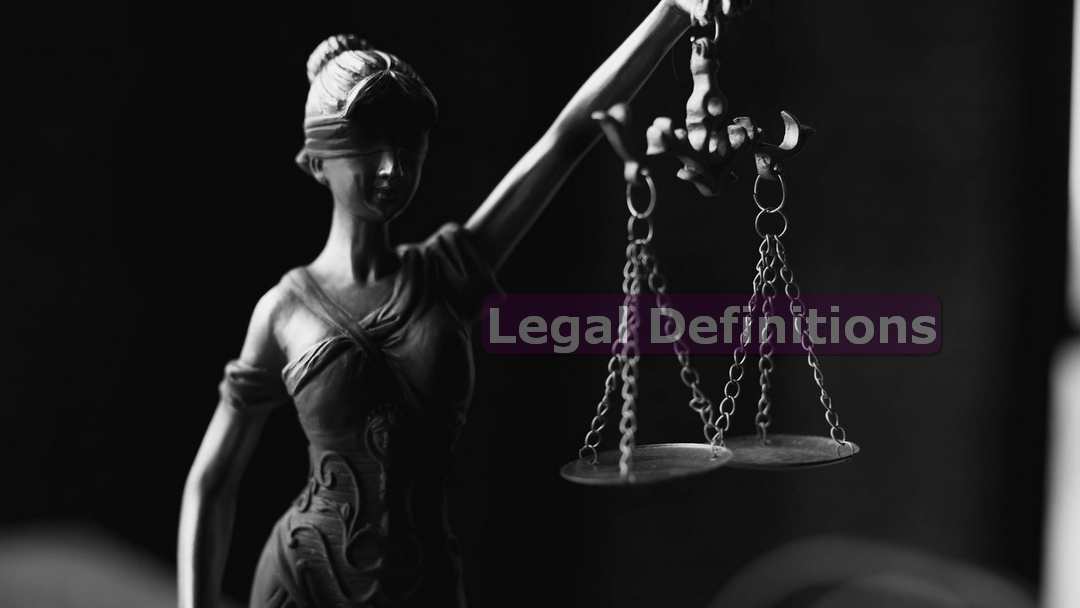A recent study published in Addiction evaluated the associations of cannabis use disorder (CUD) with cardiovascular disease (CVD) outcomes.
Cannabis usage is prevalent among more than 200 million individuals worldwide, and its associated adverse effects carry significant implications. The occurrence of Cannabis Use Disorder (CUD) affects approximately 27%-34% of cannabis users, highlighting the urgent need for public health attention. The gravity of the situation is further emphasized by the limited availability of treatments and behavioral interventions for those affected.
Although research suggests adverse health outcomes due to cannabis usage, the relationship between cannabis and CVD is less explored. However, current evidence indicates a higher occurrence of cardiovascular events among young cannabis users. In addition, cannabis has been associated with severe events such as stroke, myocardial infarction, arrhythmias, atherosclerosis, and cardiomyopathies.
Read The Article Here
FAQs about Cannabis Use Disorder
What is cannabis use disorder?
Cannabis use disorder (CUD) is a medical condition in which a person uses cannabis excessively and compulsively, even though it is causing problems in their life. CUD can lead to a number of negative consequences, including impaired memory and learning, problems with relationships and work, and financial problems.
How common is CUD?
CUD is the most common substance use disorder among people in the United States. About 10% of people who use cannabis will develop CUD, and the rate is higher among adolescents and young adults.
What are the symptoms of CUD?
The symptoms of CUD can vary from person to person. Some common symptoms include:
Using more cannabis than intended
Trying but failing to quit using cannabis
Spending a lot of time using cannabis
Craving cannabis
Using cannabis even when it causes problems at home, school, or work
Continuing to use cannabis despite social or relationship problems
Giving up important activities with friends and family in favor of using cannabis
Using cannabis in high-risk situations, such as driving a car
Continuing to use cannabis despite physical or psychological problems
Needing to use more cannabis to get the same high
What are the risk factors for CUD?
A number of factors can increase a person’s risk of developing CUD, including:
Age: Adolescents and young adults are more likely to develop CUD than older adults.
Family history: People with a family history of addiction are more likely to develop CUD.
Mental health problems: People with mental health problems, such as depression or anxiety, are more likely to develop CUD.
Peer pressure: People who have friends who use cannabis are more likely to use cannabis themselves.
Early exposure to cannabis: People who start using cannabis at a young age are more likely to develop CUD.
How is CUD treated?
There is no one-size-fits-all treatment for CUD. Treatment plans are typically tailored to the individual’s needs and may include a combination of medication, therapy, and support groups.
Common treatments for CUD include:
Cognitive-behavioral therapy (CBT): CBT is a type of therapy that helps people to identify and change their thoughts and behaviors.
Contingency management: Contingency management is a type of therapy that rewards people for positive behaviors, such as staying sober.
Medication: There are a number of medications that can be used to treat CUD, such as bupropion (Zyban) and naltrexone (Vivitrol).
Support groups: Support groups can provide people with CUD with a safe and supportive environment where they can share their experiences and learn from others who are going through the same thing.
FAQ
What does Quash mean?
to say officially that something or an earlier decision, is no longer to be accepted: His conviction was quashed after his attorney argued that police evidence was all lies.
What is conviction vacated mean?
When a sentence is vacated: It legally annuls the conviction. Vacating a criminal sentence means removing that conviction from a person’s record. The record will then appear as if the person was never charged and convicted of a crime.
Why would a sentence be vacated?
Someone who has their conviction vacated are released from custody under certain conditions, such as a plea bargain being breached, proof of ineffective counsel, court bias, or another similar factor that might have impacted the outcome of the original trial.
Is vacating the same as dismissing?
‘Vacating’ or ‘setting aside’ is used when referring to nullifying a specific judgment from the judge (in this case, a guilty or ‘no contest’ judgment).
‘Dismissing’ applies to the entire case. It means that the case is thrown out for reasons other than its factual merits.
Does vacated mean innocent?
Winning the motion to vacate doesn’t mean that this is the end of the matter. The conviction or sentence is canceled as if it never existed, but the court doesn’t close your case. Instead, the prosecutor then decides whether to drop or pursue the original charges.
More Posts

Cambridge Analytica data breach comes before court
Oral arguments in Facebook v. Amalgamated Bank will beginThe justices are set to review securities law as they hear arguments in a significant case linked to the 2015 data breach involving Cambridge Analytica and Facebook. The tech giant’s effort to fend off federal...

Search and Seizure – Consent or Plain view
The Fourth Amendment was established to protect individuals from unreasonable searches and seizures, yet there are exceptions.In Michigan, understanding the concepts of search and seizure, particularly regarding consent and plain view, is crucial for both law...

Using a computer to commit a crime – The latest add on charges
FRAUDULENT ACCESS TO COMPUTERS, COMPUTER SYSTEMS, AND COMPUTER NETWORKS (EXCERPT)Act 53 of 1979752.796 Use of computer program, computer, computer system, or computer network to commit crime. Sec. 6. (1) A person shall not use a computer program, computer,...

A drunk driving investigation, a car wreck and a blood draw
A Case Summary: People v. Blake Anthony-William BartonOn October 11, 2024, the Michigan Court of Appeals issued a decision in the case People of the State of Michigan v. Blake Anthony-William Barton. The case involved a drunk driving investigation following a car...

Police say they can tell if you are too high to drive
Police say they can tell if you are too high to drive. Critics call it ‘utter nonsense’Haley Butler-Moore sped up to pass a semi on the highway when she suddenly saw the police lights. She’d left Albuquerque hours earlier, heading to a Halloween party in Denver. Tired...

A secured and safe vote thanks to new laws in Michigan
Governor Whitmer Signs Historic Election Bills Package to Ensure Every Vote Can be Cast and CountedIn Case You Missed It November 30, 2023 “Today, we are expanding voting rights and strengthening our democracy,” said Governor Whitmer. “Michiganders spoke clearly last...

Cannabis – The Rise and Fall and Trail of Survivors Pile Up
Thieves make off with 1,000 pounds of premium flower in cannabis from a corporate grower in Michigan. Then, the GM sells off 650+ pounds to pay employees.The recent theft of over 1,000 pounds of marijuana from 305 Farms, a corporate cannabis grower in West Michigan,...

What is Recidivism in Legal Terms?
What does Recidivism mean?In legal contexts, recidivism refers to a person’s relapse into criminal behavior, often after having been previously convicted and penalized for similar or other crimes. When someone re-offends, they are described as a "recidivist."...

Your Past Charges Could Affect Decisions for New Charges
Michigan Court of Appeals - PEOPLE v. JAMES THOMAS MASON, JR.Jail vs ProbationIn People v. James Thomas Mason, Jr., the Michigan Court of Appeals dealt with whether the district court could reasonably depart from the usual “no jail, no probation” presumption for a...

Can I be arrested for flying a drone in Michigan?
Someone asked us... Can I be arrested for flying a drone?As we have seen ... They can charge you and arrest you for whatever they want. But Can I Be Arrested or Fined for Flying a Drone? Yes, you can be arrested or fined for breaking Michigan’s drone laws. Under MCL...










